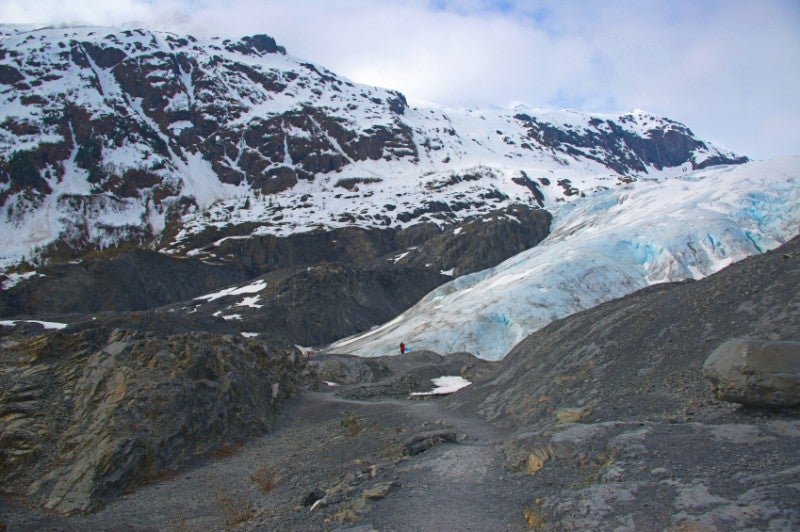
Photo Credit | iStock Photo
The trip by President Barack Obama this week to Arctic Alaska has focused needed attention on the effects of climate change. In no other state are the effects of climate change more visible. In recognition of these effects, the Aspen Institute Energy and Environment Program in January 2011 issued a final report and recommendations from the Aspen Institute Commission on Arctic Climate Change — a civil society Dialogue and Commission on the effects of climate change in the Arctic. The report and recommendations promote an important new perspective on the level of international cooperation and stewardship that will be necessary to manage the Arctic marine environment in anticipation of the climate change impacts the region now faces.
Recognizing the major economic and security issues raised by the retreat of Arctic sea ice and the opportunities this has created for mineral exploration, shipping and fishing, the Commission in its recommendations sought to safeguard both the sustainable development and conservation of the Arctic for the future. The Commission recommendations for long-range international cooperation to create a more holistic ecosystem-based management approach in the Arctic marine environment, along with implementation of a marine spatial planning process, are critical to safeguard this vulnerable area.
The report also includes a technical section entitled “Marine Spatial Planning In The Arctic: A first step toward ecosystem-based management.” This section provides a public process that examines human activities at the ecosystem level, to understand their impacts and resolve possible conflicts between activities.
To find the final report and recommendations from the Aspen Institute Commission on Arctic Climate Change please go to: http://www.aspeninstitute.org/policy-work/energy-environment/our-policy-work/dialogue-commission-arctic-climate-change
Tim Olson is a senior project manager with the Aspen Institute Energy and Environment Program.

